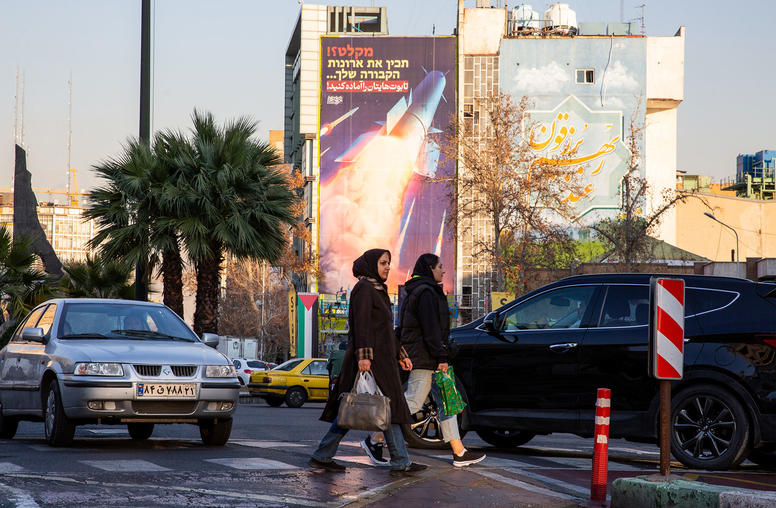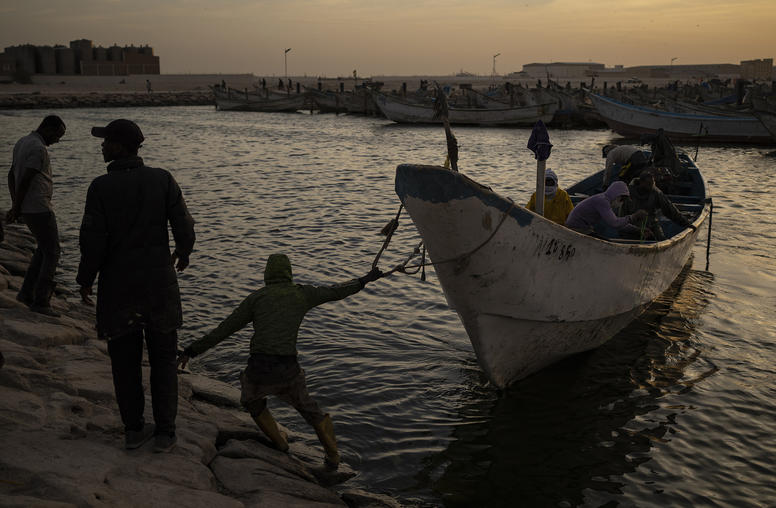Processing Personal Pain into ‘Post-Traumatic Growth’
On Facebook Live: Youth Leaders Who Overcome Violence to Build Peace
Wars or other mass violence disrupt people’s lives in nearly a quarter of the world’s countries, killing 150,000 per year and uprooting the bulk of the 65 million who form the largest displaced population ever counted. People’s losses from conflict—such as injuries or loved ones killed—are widely recognized as causes of post-traumatic stress, yet some persons manage post-traumatic growth. On November 17, USIP held a Facebook Live forum with youth leaders who build peace, some despite personal traumas, in homelands facing violent conflicts. This forum originated from Dharamsala, India, where these 25 youth leaders shared their experiences with His Holiness the Dalai Lama.
USIP gathered these young civic leaders to share their stories with, and be mentored by, the Dalai Lama, who himself suffered exile as a teenager. “From killing fields, from tragic situations, come all these incredible people,” the Dalai Lama said of last year’s group. “It gives me hope.”
On Facebook Live, a panel of experts and youth leaders discussed how personal trauma can be not only be overcome, but be channeled into inspirational leadership for peace and reconciliation, even at a young age.
The panel included Jeremy Richman, a neuro-pharmacologist who lost a child to violence, and now promotes violence prevention and compassion among youth; and Ger Duany, a Sudanese-born actor and peace activist, was uprooted by his country’s civil war and escaped it by walking, as a child, to neighboring Ethiopia. They were joined by two of the youth leaders from this year’s meetings with the Dalai Lama.
Panelists
Carla Koppell, moderator
Vice President, Applied Conflict Transformation, U.S. Institute of Peace
Ger Duany
Regional Goodwill Ambassador, UNHCR
Jeremy Richman, Ph.D.
Neuro-pharmacologist
Founder, Avielle Foundation
Mahmoud Khalil
Syria
Fatima Askira
Nigeria



